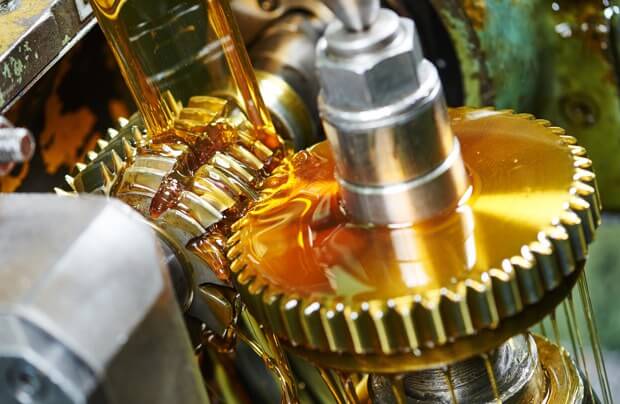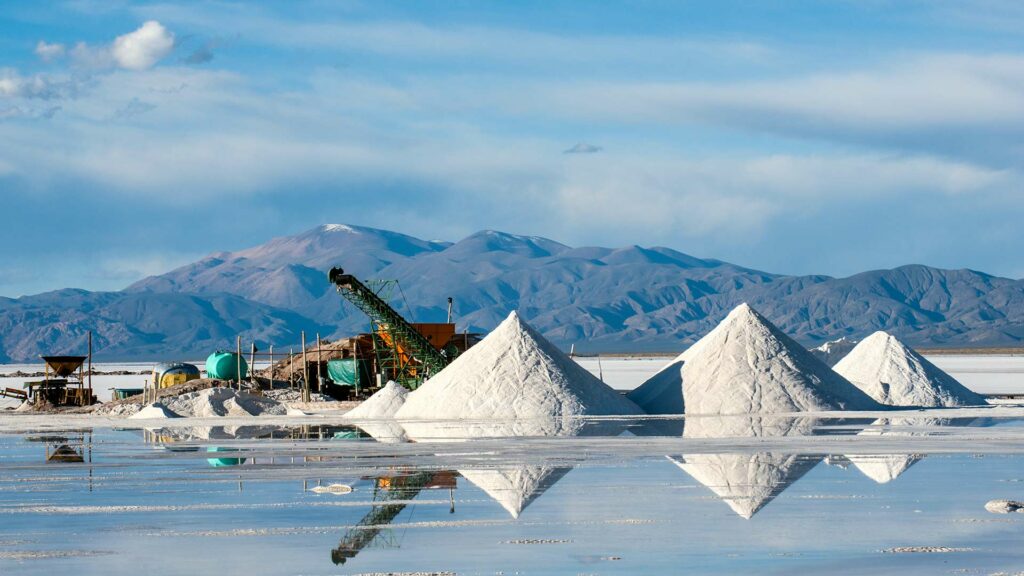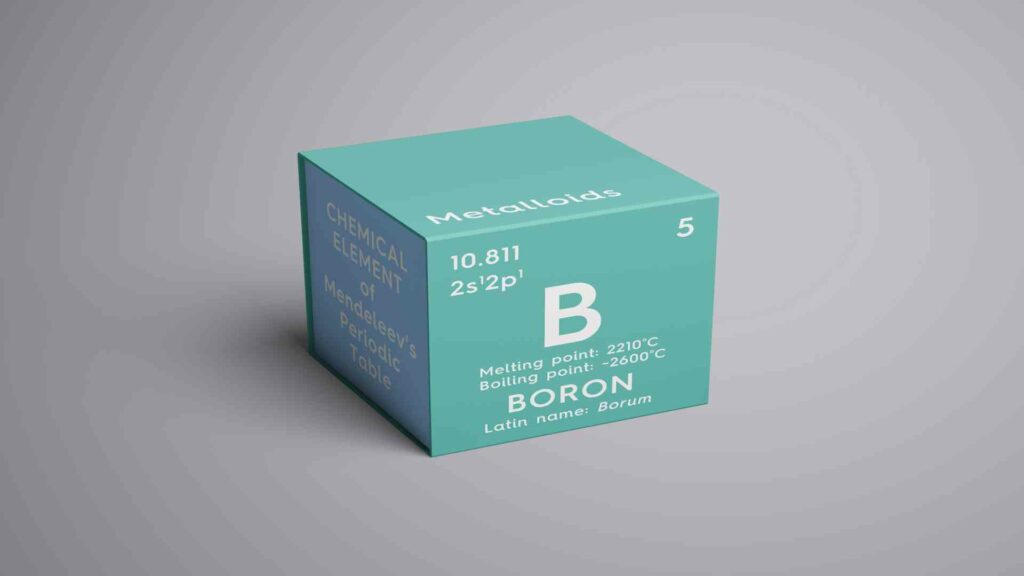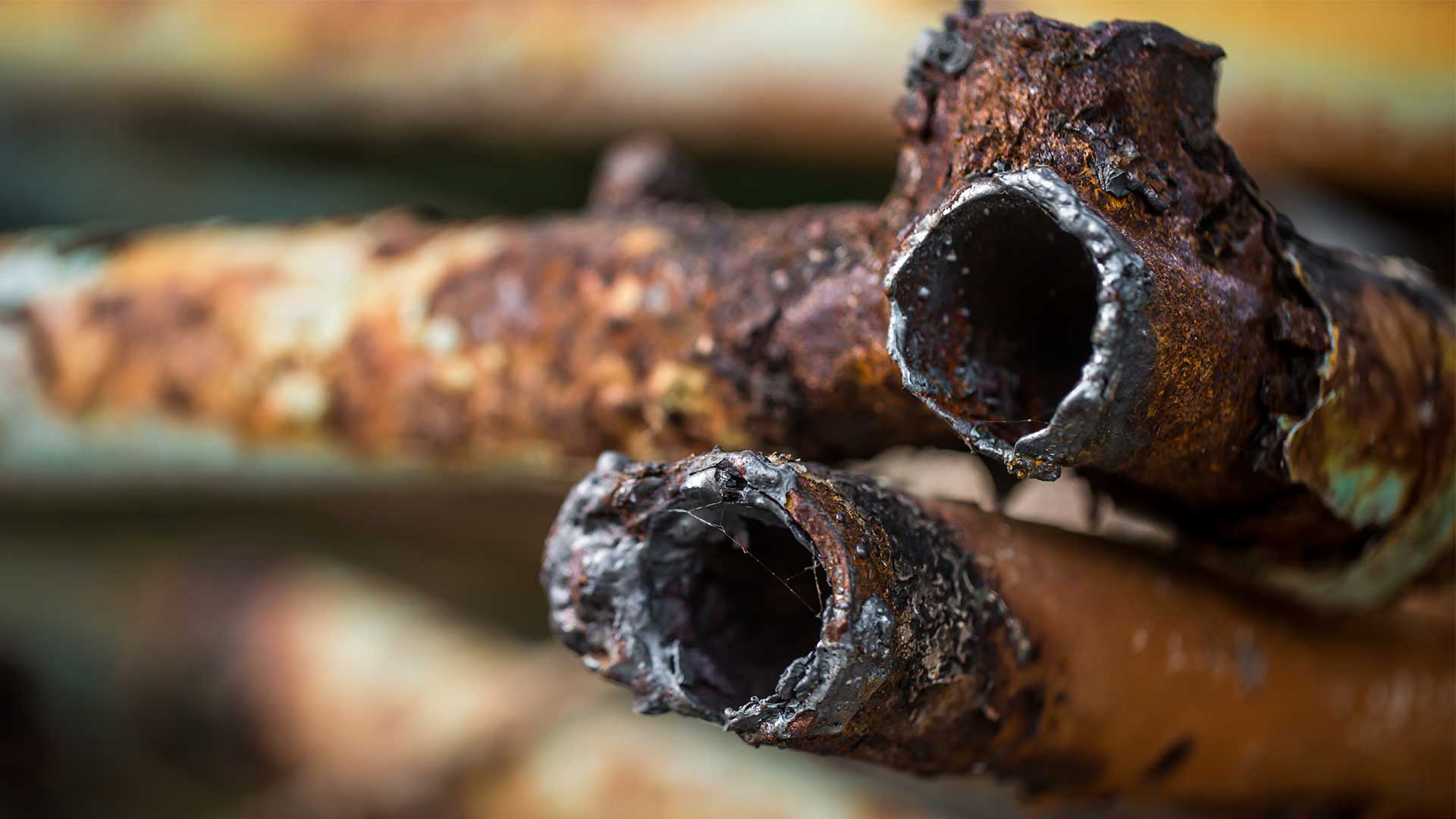
APPLICATIONS IN CORROSION PROTECTION
The metal that keeps your car from rusting, the element in galvanic cells, and the substance used to make military equipment last longer – this is boron. It has many uses and applications. It is such a versatile metal because it can be found in the sand! Boron’s properties allow for its use in many industries including building construction, water treatment plants, oil refineries, pharmaceuticals, and military-grade protection vests.
THE CONCEPT OF ALLOYING
Alloying is the process in which two or more metals are mixed together to create a new metal to increase its quality of performance and applications.
Boron has low reactivity with other elements such as oxygen, which means that it will not corrode. This property makes it an excellent choice for firearms since, without the protection of boron, these would rust or become less effective over time due to the corrosive nature of their environment.
It cannot be used on its own however when made into alloys with other metals such as aluminum or steel, it becomes a very valuable material. Industries that use it include the military, food and beverage industries, dentistry, construction materials such as glass and steel. These are just a few of the many uses for it which all help to lower corrosion rates in different ways.
GALVANIC CELL FORMATION AND ITS COATING
In chemical reactions sometimes galvanization takes place which is a process in which a metal is electrochemically oxidized to form an adherent layer of oxide on its surface, and the process can be used in preventing corrosion. Sometimes galvanic cell is formed when two metals are present together in a solution. The anode metal corrodes or dissolves and thereby transfers its electrons to the cathodic metal, which becomes electrochemically reduced and it is the most efficient substance for this.
Blogging and constructing galvanic cells are two of the many uses boron has in the industry today. It makes these processes easier because it is electrochemically inert, meaning that it does not react with other elements to form a new compound or element.
INDUSTRIAL AND MILITARY EQUIPMENT
If you are looking for a way to protect your industrial equipment from corrosion, then consider using boron coatings with other elements. Its compounds are also used in the production of nuclear weapons and other military applications such as armor-piercing shells or rifle bullets. Boron fibers are used in making bullet-proof vest as it is difficult to penetrate. it is an important metal to have in the military because it can be used for ammunition as it is very lightweight but also hard to break, which makes the bullet travel straight through its target.
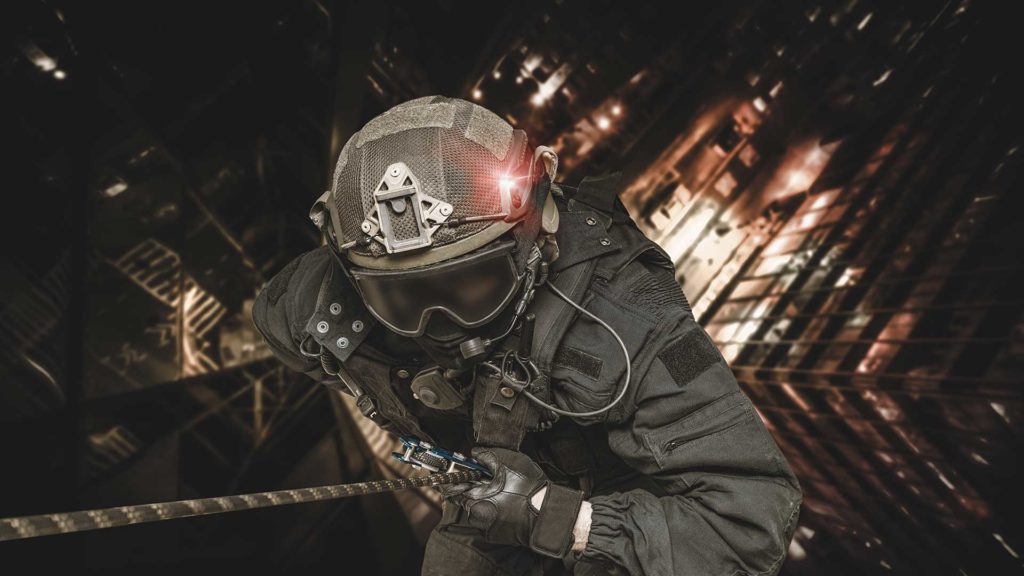
CERAMICS AND LUBRICANTS
Boron is a chemical element that also finds application in the production of high-performance ceramics and can be found in a few different industrial lubricants such as boraxo and engine oil additives which help make engines last longer by preventing wear on metal surfaces while providing better lubrication.
JEWELRY
Borides are also considered a precious metal, and many people use them in jewelry. One of boron’s properties that makes it so valuable is its ability to not corrode or rust; this prevents other metals from doing so as well. Borides are considered a precious metal because they have so many different properties that make them worth more than other metals like aluminum and steel.
Due to this, people often turn to jewelers to create jewelry with borides such as turquoise and diamonds. It is often used by jewelers to create beautiful pieces such as pearls or emeralds also.
ELECTRONIC SCREENS
There are other precious applications of boron, such as in the manufacturing of TV screens and computer chips. The material makes it easier for these items to be used without corrosion or oxidation ruining them so quickly. This is due to its properties which make it an excellent conductor that can withstand high temperatures too.
FIREARMS INDUSTRY
The firearms industry is an ever-changing landscape that has seen many changes in the last few decades. One of these changes can be found in how guns are coated. The nickel boron coatings have become a popular choice for firearm manufacturers because it offers both wears resistance and corrosion protection but come with a higher price tag than traditional finishes like chrome plating. High-Performance Coatings with Boron; NiB-X Nickel Boron, a high-performance coating that offers maximum protection against corrosion and wears.
CONSTRUCTION PURPOSES
One of the main industries in which boron is used for this purpose is construction materials such as glass and steel and a special reference to borosilicate glass. The material prevents rusting with a zinc-borate or phosphoric acid solution that covers its surface. With these solutions, galvanic cells are sometimes formed to prevent further corrosion from occurring due to reactions between the air and the metal. This is known as a sacrificial treatment or cathodic protection.
For construction materials such as reinforced concrete or structural steel where it acts as a rust inhibitor by diffusing into the metal’s interior; this also helps prevent any water from entering which would cause additional rust formation.
BORON COATINGS AGAINST CORROSION
Boron prevents unwanted corrosion by combining with other elements such as zinc, nickel, copper, carbon, nitrogen, etc. It is also used to create coatings on many different metals which can prevent corrosion from occurring in these materials. This property is important for industries that work with chemicals and equipment containing uncoated metal where the chance of rusting without its present would be very high and that is why, because of its low cost, it is used to coat many different types of substances to inhibit corrosion.
It cannot be used on its own however as it will corrode if the environment isn’t controlled appropriately; instead, they must bind themselves with other substances as mentioned above, by the formation of alloys, to create coatings that help in protection.
Boron is a truly remarkable element that can help to prevent corrosion in many industries and situations, without even making too much contact with the objects it protects. Following are some of the its coatings for preventing corrosion:-
Boron carbide
Its carbide is formed when it is reacted with carbon at high temperatures. This compound is used in many different applications, such as for hardening metal alloys and machining tools. Boron carbide was first invented during the 1930s when a chemist named Walter Cottrell found that by adding boron to aluminum it became more resistant to corrosion than pure aluminum alone. is used in the making of many different types of cutlery.
Boron nitride
Its nitride is formed when it is reacted with nitrogen and this compound is used to coat many different substances to prevent corrosion. The oxide formed when boron reacts with oxygen is important for preventing the oxidation of many other compounds that would otherwise be susceptible to it, such as aluminum metal and magnesium alloys.
Nickel-boron coating
When nickel and boron are coated together, which results in a coating that is resistant to many forms of corrosion and also has a low coefficient of friction. Electroless nickel boron coating is also known as NiB-X and it is the firearms industry’s first choice for corrosion and wear prevention. Electroless nickel boron plating offers a surface so hard that it will outlast traditional chrome or other metal finishes by more than three times over. This makes it an excellent investment when considering all of the long-term benefits.
Aluminum boride
Aluminum-boron alloys are much more resistant to corrosion than pure aluminum, due to t boron forming a thin layer on the surface which protects it from oxidation by oxygen or other corrosive substances. Boron when reacted with aluminum, forms a thin film of aluminum boride on the surface, which is protective against corrosion.
Borazon (boron and zinc)
The alloy of boron and zinc is called Borazon and it helps in the resistance from corrosion as it acts as a barrier against oxygen and increases the efficiency of the coating’s protection from external depletion.
Other examples when boron is being used to prevent corrosion include:-
- Boron nickel coatings can be found on boats and pipes for protection between the graphene and protective surface. They will even increase the corrosion speed.
- Boron nitride can be seen as useful in high-temperature applications where a hard, abrasion-resistant coating is needed.
- Forms of boron are also used to produce other valuable materials such as carbide, which is an extremely hard and wear-resistant compound that can be applied in a wide variety of industrial sectors. Carbides’ properties make them highly valued for their ability to withstand extreme temperatures and abrasives; they find application in cutting tools or any other protection purposes.
- Boron-nickel coating is also used in other sectors, such as the concrete and glass industry. Concrete with boron-nickel coated can resist corrosion up to 12 times longer than an unprotected one does! It’s low electrical conductivity makes it highly suitable for protecting glass, and it can be used as an anti-glare agent.
- Boron nickel coatings offer many benefits over other metal or metallic coatings, such as titanium nitride (TiN), hard chrome (CrO), and diamond-like carbon (DLC). Alloys are made by mixing two or more elements, at least one of which is a metal for example boron being a non-metal and some metal being mixed. This is usually called the primary metal or the base metal, and the name of this metal may also be the name of the alloy.
- It is seen as a coating for jet engine blades to protect them from corrosion. Its compounds are also used in the production of nuclear weapons and other military applications, e.g., armor-piercing shells and rifle bullets.
